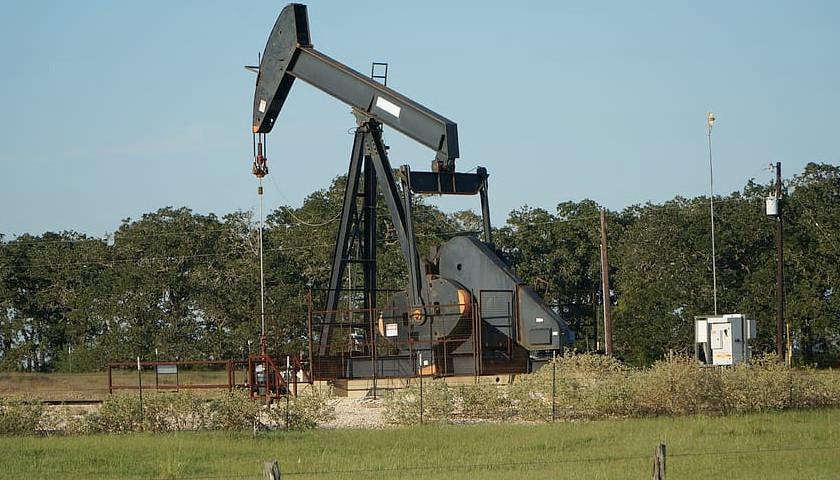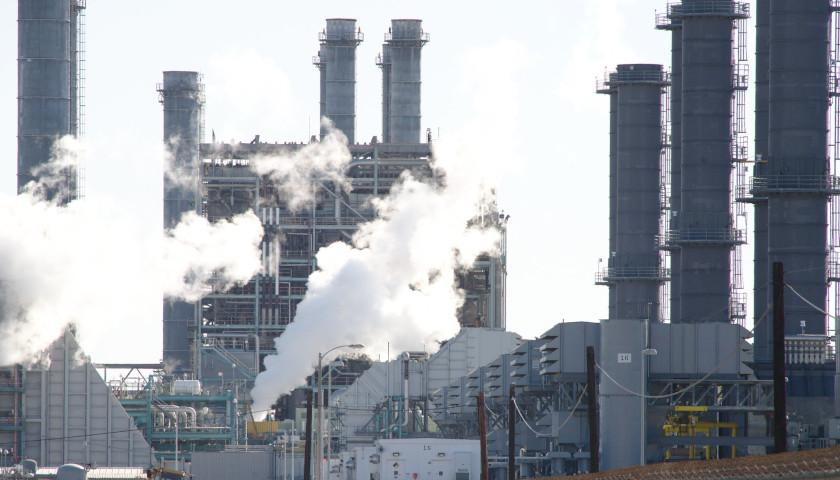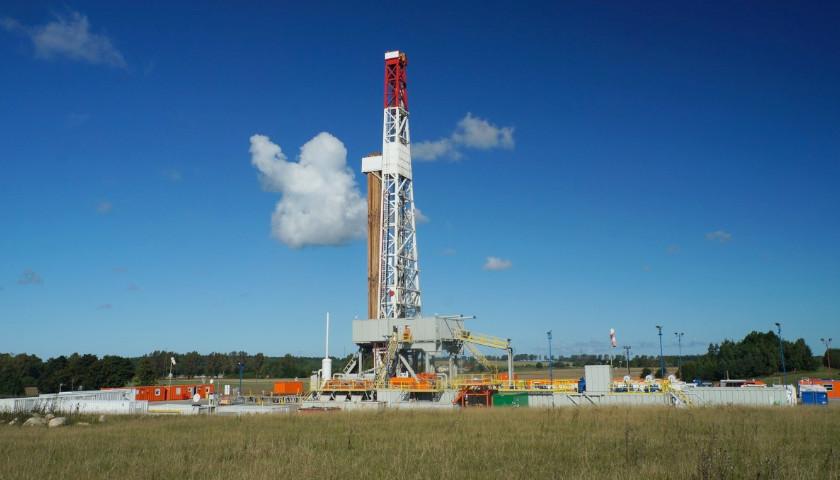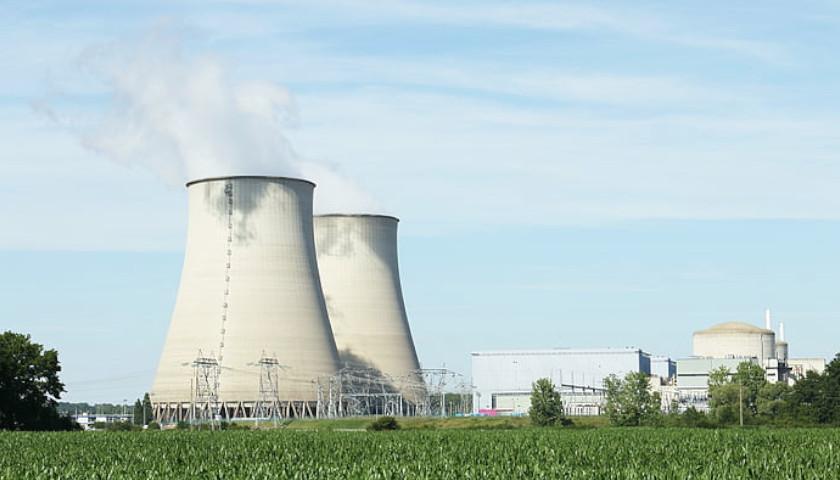Pennsylvania’s Public Utility Commission announced this week that the commonwealth and its localities will collect nearly $279 million from natural gas extraction impact fees this year.
The revenues, applying to drilling activity throughout 2022, bring the total fees collected for gas extraction from the Marcellus Shale sedimentary rock formation to $2.5 billion since 2012, the year lawmakers imposed the tax on fossil-fuel producers. This year’s allocations will be the largest yearly amount the government amassed through the levy, representing a 19 percent increase over the prior year’s take.
Local governments will benefit most from the proceeds, gaining over $155 million for environmental programs, parks, and infrastructural improvements. Another $103 million will go to state environmental programs, while $19.7 million will aid regulatory oversight of fossil-fuel development.
While all Pennsylvania locales receive at least some impact-fee revenue, communities where drilling occurs get the most substantial allotments. Many of Pennsylvania’s active natural gas wells exist in the state’s southwest, with 4,223 set up in Washington, Greene, and Butler counties. The northeast and north-central regions are also drilling hotbeds, with 5,648 wells operating in Susquehanna, Bradford, Lycoming, and Tioga counties.
Washington County expects to receive the highest amount of the fees this year, bringing in $9.079 million. Six other counties also stand to gain between $3 million and $9 million each this year: Susquehanna, Bradford, Greene, Lycoming, Tioga, and Butler.
Among municipalities, Auburn Township in Susquehanna County anticipates the biggest cash inflow ($1.463 million) from the tax. Also, in that county, Springville and Bridgewater townships will get over $1 million. Other municipalities getting similarly large hauls will include Franklin, Richhill and Center townships, all in Greene County, as well as Amwell Township in Washington County.
Capital reserve funds get about half of all the county fee revenues, with road and bridge construction, stormwater/sewer systems, public-safety institutions, housing, information-technology programs and judicial services benefitting greatly as well. Most municipal disbursements go to public infrastructure.
The Marcellus Shale Coalition, an organization of natural gas production interests in the Keystone State, touted the amount producers bring the commonwealth and its localities over and above what the industry pays in other corporate taxes.
“Generating more than $2.5 billion total and a record $279 million this year, the impact tax continues to be a smart policy that provides county and local governments the flexibility to support projects tailored to individual community needs,” coalition President David Callahan said in a statement. “Policymakers should note that Pennsylvania’s unique approach to a severance tax allows the entire commonwealth to benefit from the natural gas produced here. It’s a structure that no other energy-producing state uses, providing a valuable revenue stream that directly benefits municipalities, state agencies and environmental programs.”
EQT Production Company yielded the most impact-fee revenue of all producers, paying $42.385 million. The other top payers were Chesapeake Appalachia ($39.094 million), Range Resources Appalachia ($33.703 million), Coterra Energy ($31.125 million), Seneca Resources ($24.319 million), SWN Production Company ($18.393 million) and Repsol Oil & Gas USA ($15.450 million).
Despite these payments, and although Pennsylvania gas drillers pay the fifth-highest state corporate net income tax in the nation, many lawmakers, primarily Democrats, want to impose a severance tax over and above an impact fee. Such a tax could go toward all manner of state programs, not just those relevant to the environmental effects of natural gas extraction.
To that end, State Representative Mandy Steele (D-Cheswick) introduced a House resolution to direct the Legislative Budget and Finance Committee to perform an audit to determine how much money the state loses without an extraction tax. Earlier this month, the House Environmental Resources and Energy Committee passed her measure 12-9, with all Democrats in favor and all Republicans opposed. The resolution could narrowly advance out of the Democrat-controlled Pennsylvania House of Representatives, but the Republicans who control the senate are unlikely to take up the legislation.
– – –
Bradley Vasoli is managing editor of The Pennsylvania Daily Star. Follow Brad on Twitter at @BVasoli. Email tips to [email protected].








